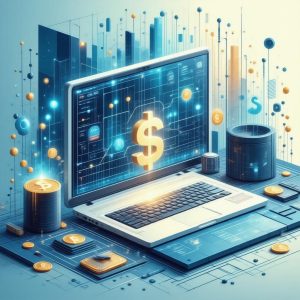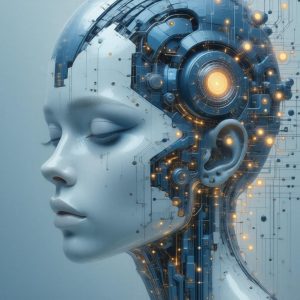In the simplest terms, autonomous agents are AI programs that can independently make decisions and take actions to achieve specific goals, much like how a human would navigate through their daily tasks without constant supervision.
Understanding Autonomous Agents
Think of an autonomous agent as a digital assistant that doesn’t just follow pre-programmed instructions but can actually understand its environment, learn from experiences, and make decisions on its own. These agents use artificial intelligence and machine learning to process information and determine the best course of action, similar to how we humans assess situations and react accordingly.
Key Components of Autonomous Agents
• Sensors: Virtual or physical tools that gather information from the environment
• Processing Unit: The “brain” that analyzes information and makes decisions
• Actuators: Components that execute the chosen actions
• Learning Mechanisms: Systems that help improve performance over time
Real-World Applications
Smart Home Systems
Modern smart homes utilize autonomous agents to manage everything from temperature control to security. These systems learn from household patterns and automatically adjust settings without requiring constant input from residents.
Self-Driving Vehicles
Perhaps the most prominent example of autonomous agents in action, self-driving cars use multiple AI agents working together to navigate roads, avoid obstacles, and make split-second decisions to ensure passenger safety.
Trading Bots
Financial markets increasingly rely on autonomous agents to analyze market trends, execute trades, and manage investment portfolios with minimal human intervention.
Benefits and Challenges
Advantages
• Increased efficiency and productivity
• 24/7 operation capability
• Reduced human error
• Consistent performance
• Ability to handle complex tasks quickly
Challenges
• Ethical considerations in decision-making
• Potential security vulnerabilities
• Need for robust testing and validation
• Complexity in programming human-like judgment
• Building trust with human users
The Future of Autonomous Agents
As technology continues to evolve, autonomous agents are becoming more sophisticated and finding new applications across various industries. From healthcare systems that can diagnose diseases to customer service bots that handle complex queries, these AI-powered agents are revolutionizing how we approach problem-solving and task automation.
Impact on Society
The integration of autonomous agents into daily life is reshaping various sectors of society. While this technology promises increased efficiency and innovation, it also raises important questions about job displacement and the changing nature of human-machine interaction.
Best Practices for Implementation
• Start with clearly defined objectives and limitations
• Implement robust testing procedures
• Maintain human oversight when necessary
• Regular updates and maintenance
• Strong security measures
• Clear communication about AI capabilities to users
Looking Ahead
The field of autonomous agents continues to expand, with new developments emerging regularly. As these systems become more advanced, we can expect to see increased integration in areas like personalized education, urban planning, and environmental protection.
The key to successful implementation lies in striking the right balance between automation and human oversight, ensuring that these powerful tools enhance rather than replace human capabilities. As we move forward, the focus should be on developing autonomous agents that are not only efficient but also ethical, transparent, and aligned with human values.



